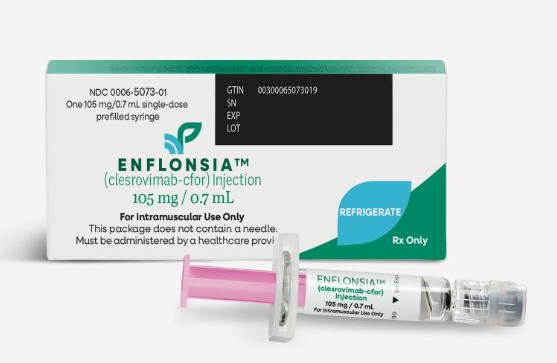Half a dozen transit workers in the California Bay area who were fired for refusing to take COVID-19 shots were awarded approximately $1.3 million dollars each by a federal jury.1 The Bay Area Rapid Transit (BART) employees filed a class action suit in October 2022 after they were denied religious exemptions and or accommodations when they requested religious exemption to the COVID shot mandate, which was made a condition for employment. The COVID shots were mandated for all BART employees as of Oct. 14, 2021.2
The plaintiffs alleged that BART granted some religious exemptions to for some employees yet denied accommodations for every worker who refused COVID shots based on religious beliefs, which is a in violation of the California Fair Employment and Housing Act. While 70 of the 179 religious exemptions were granted, none of the employees received accommodations.
Employers may offer accommodations such as providing medical leave, relocating the work area, changing job duties or changing schedules when an employee files a religious exemption. All of the employees who sought a religious exemption and an accommodation were eventually forced to resign, fired or retired. This is in sharp contrast to the BART employees who pursued a medical exemption to COVID shots. One in three of employees seeking a medical exemption was offered an accommodation.3
Title VII Protections Did Not Pause for COVID
Title VII of the Civil Rights Act of 1964, which is enforced by the Equal Employment Opportunity Commission, protects employees from religious discrimination in the workplace. Employees who inform their employer that their sincerely held religious beliefs prevent them from complying with a mandatory work requirement are protected from discrimination and retaliation in the workplace under Title VII. Employers have an affirmative obligation to seriously consider the request, enter into good faith talks and offer appropriate accommodations.4
In this case, BART could have offered accommodations such as getting regular COVID-19 testing or working from home, but plaintiffs argued that none of these accommodations were offered.5
Federal Jury Sides with Transit Workers
The jury was presented with the question, “Has BART proven that the plaintiff could not be reasonably accommodated without undue hardship?”6 The jury resoundingly said no and found that BART failed to demonstrate undue hardship when they refused to provide accommodations to the workers. The jury also found that six of the plaintiffs clearly showed a genuine conflict between the shot and their religious beliefs and awarded $7.8 million in damages to the plaintiffs.7
The plaintiff’s argued:
Exclusion of religious people from the enjoyment of a right stands in violation of the First Amendment’s religion clauses and federal and state anti-discrimination in employment laws. 109 employees’ requests for religious exemption were denied.8
Plaintiff’s attorney Kevin Snyder pointed out:
The rail employees chose to lose their livelihood rather than deny their faith That in itself shows the sincerity and depth of their convictions. After nearly three years of struggle, these essential workers feel they were heard and understood by the jury and are overjoyed and relieved by the verdict.9
If you would like to receive an e-mail notice of the most recent articles published in The Vaccine Reaction each week, click here.
Click here to view References:1 The Express Tribune. San Francisco transit workers awarded $1.3m each after Covid-19 vaccine dismissal. Oct. 26, 2024.
2 Planas A. Transit workers who lost jobs when they didn’t get Covid vaccines are awarded $1M. NBC News Oct. 25, 2024.
3 Ibid.
4 Hendler C. 1964 Civil rights Act protects Some healthcare Workers with Religious Objections to employer Flu Shot Mandates. National Vaccine Information Center Aug. 22, 2019.
5 ABC7 News. BART workers fired due to COVID vaccine mandate to get over $1M each, federal jury decides. Oct. 25, 2024.
6 Ston JR. Federal jury deliberates over BART workers fired due to COVID vaccine mandate. ABC News Oct. 23, 2024.
7 The Express Tribune. San Francisco transit workers awarded $1.3m each after Covid-19 vaccine dismissal. Oct. 26, 2024.
8 Ibid.
9 Ibid.












